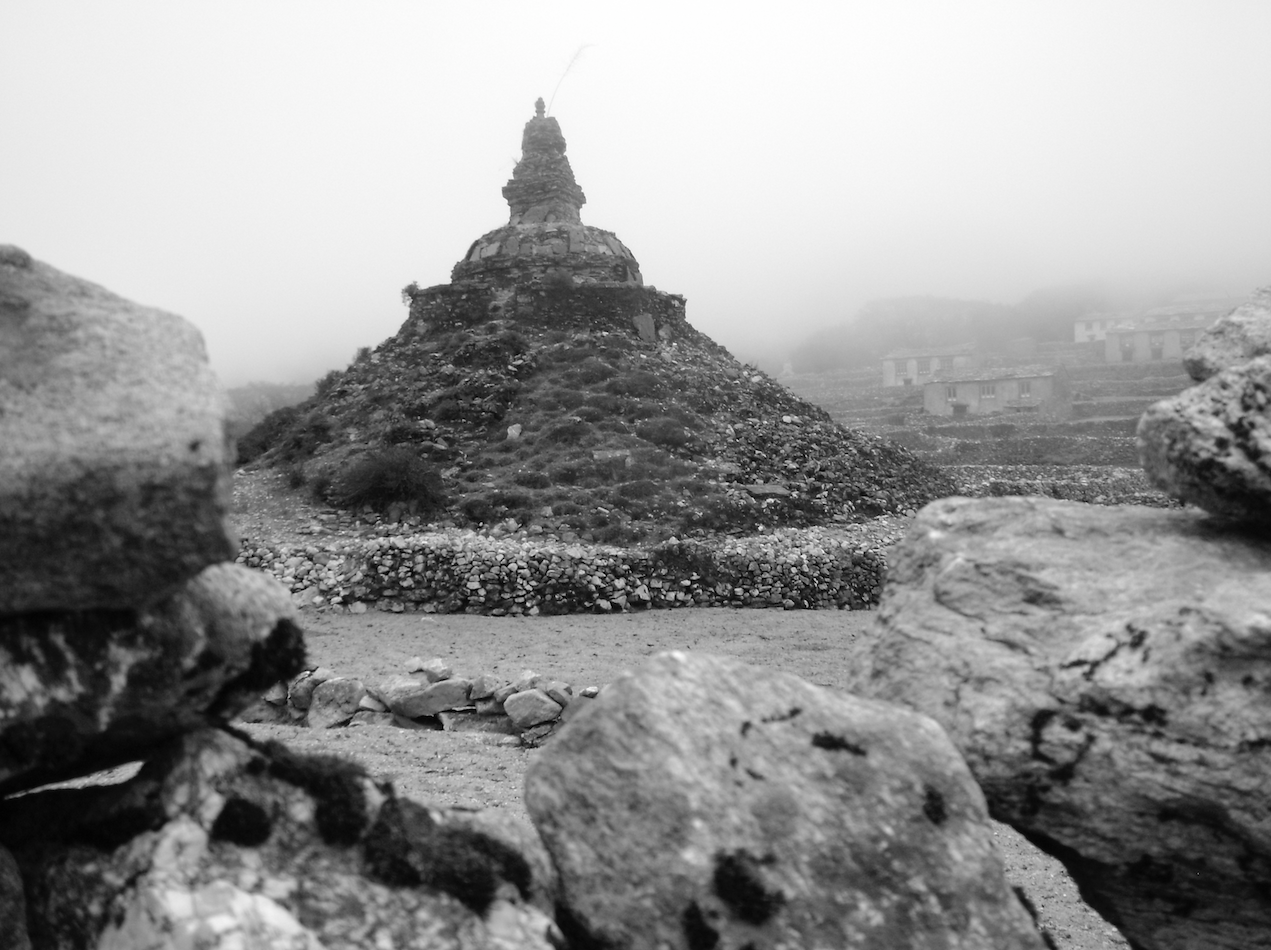
Mindfulness Meditation
What is Mindfulness?
Mindfulness is a skill that can be learned. This skill has three parts: concentration, sensory clarity, and equanimity.
Concentration is the ability to focus on what is deemed relevant and to stay with that point of focus for a determined length of time.
Sensory clarity has two parts. First, it is the ability to discern one sensory gate from another (for example, a body sensation rather than an auditory sound). Second, it is the ability to have precision of awareness within that specific sensory experience (for example, noticing that the auditory sound is close or far, loud or quiet, increasing or decreasing in intensity, singular or layered, vibratory or undulatory, etc).
Equanimity is an attitude of allowing or non-interference with the flow of sensory phenomena.
Why Practice Mindfulness?
Mindfulness connects us. It connects us to the present, to our own bodies, to one another, to the world around us, and beyond. Mindfulness changes the brain. Through consistent practice, the skill of mindfulness deepens and broadens over time causing perceptual changes that lead to positive behavior change. Since mindfulness is a skill of attention, the quality of one’s attention improves leading to a greater sense of presence and enriching ordinary experience. A reduction of suffering and an increase in satisfaction or fulfillment are natural byproducts of practice. There is no final outcome when it comes to mindfulness practice. In the words of the historical Buddha, “The path is the goal.”
Mindfulness Meditation
Also known as insight meditation or vipassana, mindfulness meditation, comes from the tradition of Theravada Buddhism. Common methods of practice in this lineage include breath focus, body scan, and metta or loving kindness meditation.
The primary avenue to cultivate mindfulness is through daily, typically silent and seated, meditation. Regular formal meditation is not the only way to develop the skill of mindfulness, but it is arguably essential for the skillset to gain genuine traction in a person’s life.
30,000 year-old Sacred Feminine Figurine, Austria
Teacher Orientation
A practitioner for thirty years, Wren draws from a depth of understanding beyond mainstream mindfulness. She guides from a rich, varied palette of practices not limited to classical forms. In addition to her training in the rigorous scientific articulation of mindfulness with Shinzen Young, she has experience in the vajrayana (Tibetan), mahayana (Zen), and secular (Shambhala, MBSR) traditions.
Wren’s approach is not academic, religious or dogmatic. She teaches from her experience, as an ordinary householder, and mother with a fierce love for the next generation. A woman of European ancestry, Wren’s people were profoundly affected by the European and American witch trials. She grieves the violent loss of society’s connection to the beautifully magical, sacred feminine, and natural world alongside both the indigenous and the estranged. She understands that genuine spirituality is non violent, interpenetrating the personal and universal. She works from a place of love and discernment, keenly aware of the many pitfalls along the spiritual path. She encourages students to think critically, trust their guts, and move toward true vulnerability, compassion, and rest.
Interested in Individual Sessions?

“Mindfulness practice is not a quick fix, but it is a deep, broad, and enduring one.”
Individual Mindfulness Instruction
Private sessions are designed for all levels of experience. If you are new, sessions helps you establish a strong foundation. If you already have a mindfulness practice, sessions offers inspiration, reflection, and guidance. Sessions are nature-based, student-centered, and may include:
Posture instruction, adjustment, and exploration.
Education focusing on topics that are relevant for the student
Meditation Coaching Unlike a recorded guided meditation, working live with a coach provides the luxury of immediate interaction.
Q & A for troubleshooting hindrances, or whatever is of interest.
Strategies for structuring a sustainable, evolving practice over time.
Custom Guided Recordings that you can use independently at home or on-the-go.
“Meeting with a teacher relieves the isolation that often accompanies the contemplative path. It provides not only accountability, but companionship; buoying the heart of the journey.”
Interested in mindfulness support?
“There is often a rushing and uneasiness in me,
as I work hard to be the person I imagine others want me to be...
Since I started practicing with Wren in 2016, mindfulness practice has helped me understand that there is nothing inherently “wrong” with who I am. It helps me to slow down and come home to myself, like basking in warm sunlight or floating in warm ocean water.
It softens the push and edginess.
My perspective grows broader and more grounded. I become much gentler with myself - a friend to myself - and a more aware human at work in the world. I move more generously through life now, which matters a great deal to me.
This practice is a great gift.”
marcy, school teacher
“A regular awareness practice reduces our tendency to be captivated by drama. It soothes the anxiety that accompanies a future-oriented mind. It dispels the mirage of ghosts haunting us, and reveals the similarities between pleasure and pain.
Over time, our practice peels away the map, revealing a raw encounter with the terrain.
It offers a practical method to access the freedom that we already are.”
wren polansky, maPHOTOS by Wren Polansky, Copyright 2025

“At the Edge of the Ocean /
I have heard this music before
saith the body.”
art by Ana Mendieta





